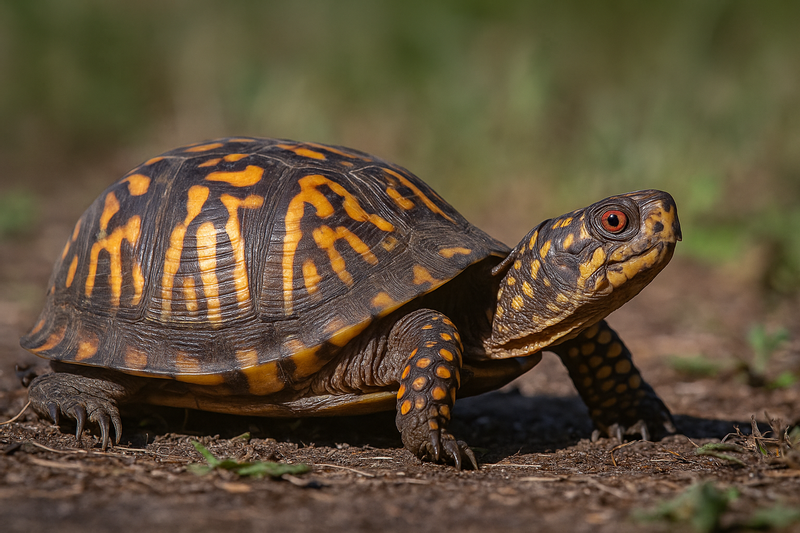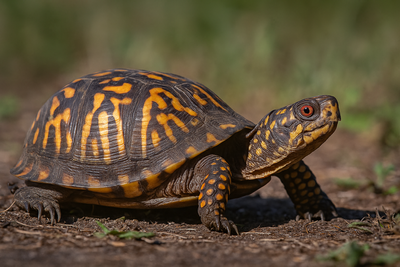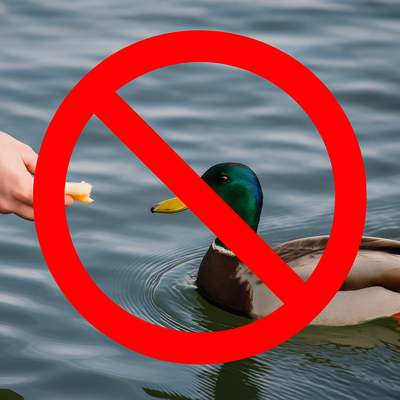Box Turtles on the Move: What to Know During Nesting Season

As spring rains fall across Alabama, you may begin to notice a familiar, shelled friend making slow and steady appearances on roads, trails, and even in your backyard. Eastern Box Turtles are on the move this time of year, and there are a few important things to know to help protect them during their travels.
When Is Box Turtle Nesting Season?
Box turtles typically nest from May through July. During this time, females search for warm, loose soil in sunny areas to lay their eggs. A single nest may contain up to 8 eggs, which are left to incubate on their own for roughly 70 to 90 days.
If you come across a box turtle digging in your yard or garden, it may be preparing a nest. Avoid disturbing the area and consider marking the spot so it's not accidentally dug up or mowed over.
Fun Facts About Eastern Box Turtles
Longevity: These turtles can live for more than 50 years, with some reaching over 100 years old.
Shell Defense: They can completely close their shells thanks to a hinged plastron (the bottom part of their shell), protecting them from predators.
Homebodies: Box turtles have a strong homing instinct and often stay within a single territory for most of their lives.
Diet: They are omnivores and enjoy a wide variety of foods, including berries, mushrooms, slugs, insects, and even carrion.
Protected Species: In many states, including Alabama, it is illegal to remove box turtles from the wild.
What to Do If You Spot a Turtle on the Road
Box turtles often cross roads during nesting season, especially after rain. If you see one in harm's way:
Help it cross safely – only if it's safe for you to do so.
Move it in the direction it was heading. Never take it to a different location.
Do not keep it as a pet or relocate it. Turtles displaced from their territory often try to return and can be killed in the process.
If the turtle is injured, contact a licensed wildlife rehabilitator for help.
Turtles in Your Yard: What Now?
If a box turtle decides to visit your garden:
Consider it a natural pest control assistant – they eat bugs and slugs that damage plants.
Avoid using chemicals or pesticides – turtles absorb toxins through their skin and shell.
If you suspect nesting activity, give the turtle space and avoid disturbing the area.
Help Protect Alabama's Native Wildlife
Box turtles are an essential part of our ecosystem and a charming sight to behold. By giving them space, helping them safely navigate roads, and avoiding habitat disturbance, you play a part in preserving these remarkable reptiles for generations to come.




